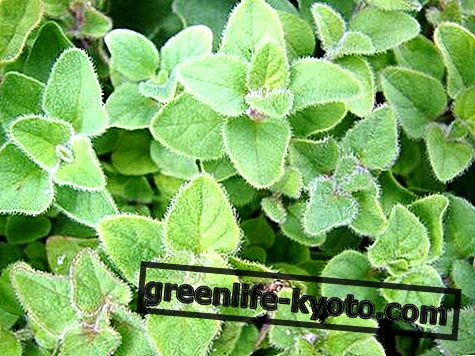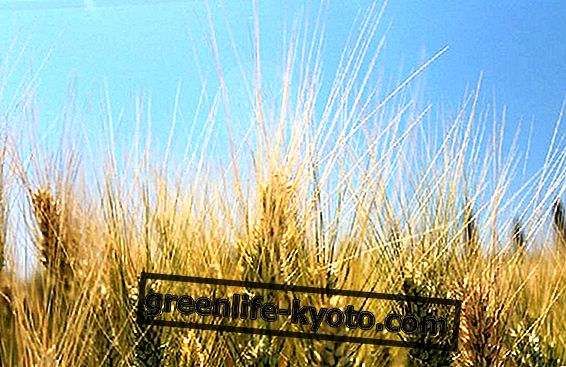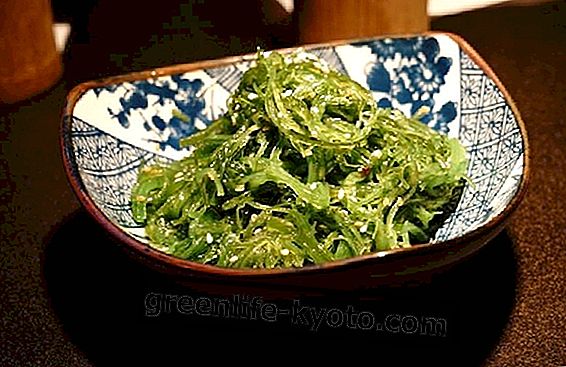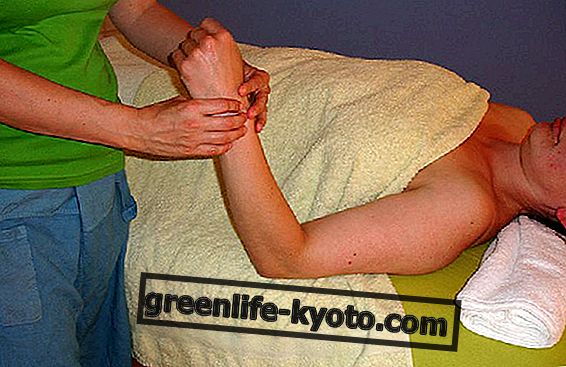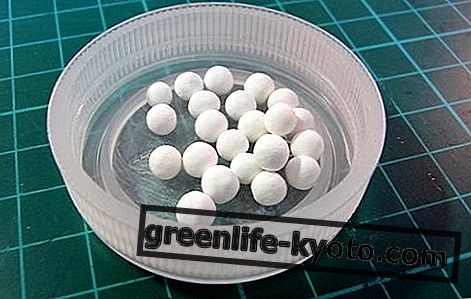The Antimonium Tartaricum is a homeopathic remedy derived from the potassium and antimony tartrate, a mixed salt, useful against respiratory disorders and acne. Let's find out better.

Description of the Antimonium Tartaricum
Antimonium Tartaricum or Potassium and Antimony Tartrate is a mixed salt of potassium and antimony of tartaric acid. At room temperature it is in the form of a white odorless powder or transparent crystals.
It has the property of causing vomiting and has been used in the past in medicine for the treatment of some protozoan infections, but then abandoned due to the high venom of the antimony. It is in fact a very toxic substance, it is used as a mordant in dyeing and in the leather industry.
The Antimonium tartaricum homeopathic remedy is obtained by triturating potassium tartrate and antimony with lactose and subsequent dilutions and dynamizations in a water-alcohol solution.
When using the Antimonium Tartaricum
Antimonium tartaricum is a homeopathic remedy that acts on the respiratory system. It treats bronchitis, bronchopneumonia, pulmonary congestion, asthma and more. Antimonium tartaricum is used in the following main cases:
- respiratory diseases, bronchitis, phlegm, rattle and cough, sense of suffocation and considerable accumulation of mucus with expectoration difficulties, typical of asthma. The remedy is widely used in situations of breathing difficulties due to seasonal allergies ; pertussis in children, bronchitis in children; elderly with chronic bronchitis, very weak, with swollen and painful joints, with rheumatic problems;
- gastrointestinal disorders with nausea, vomiting, distaste for food, liquid stools, cold sweat, prostration and drowsiness after vomiting;
- pustular rashes of the skin, acne.
Discover the natural remedies for seasonal allergies: click here!
Doses and administration
In all cases, dilution 5CH, 5 granules or 15 - 20 drops, 3 times a day. In particular in the case of respiratory disorders it is often associated with other homeopathic remedies based on the present symptoms.
To whom Antimonium Tartaricum is recommended
The subject Antimonium Tartaricum has respiratory problems, a lot of mucus and phlegm, so much so that it cannot be expelled. The mucus is eliminated from the subject almost exclusively by vomiting.
Abdominal problems are vomiting, nausea, diarrhea, disgust for food. The subject is of phlegmatic, somnolent constitution, of sickly appearance, pale and covered with cold sweat . The nose is sharp, the nostrils are dilated and throbbing, the eyes are circled. Easily irritable, he is uneasy and apprehensive, he doesn't want to mind his own business, he doesn't want to be annoyed.
Children who need the remedy like to be picked up, but they cry if someone touches them. Many symptoms worsen when the subject gets hot or too overcast, however any drop in temperature aggravates the subject as it causes a state of cooling and the recurrence of rheumatic and muscular pains, especially if he is an elderly person.
The general state improves with the cool, open air, in a sitting or supine position.

